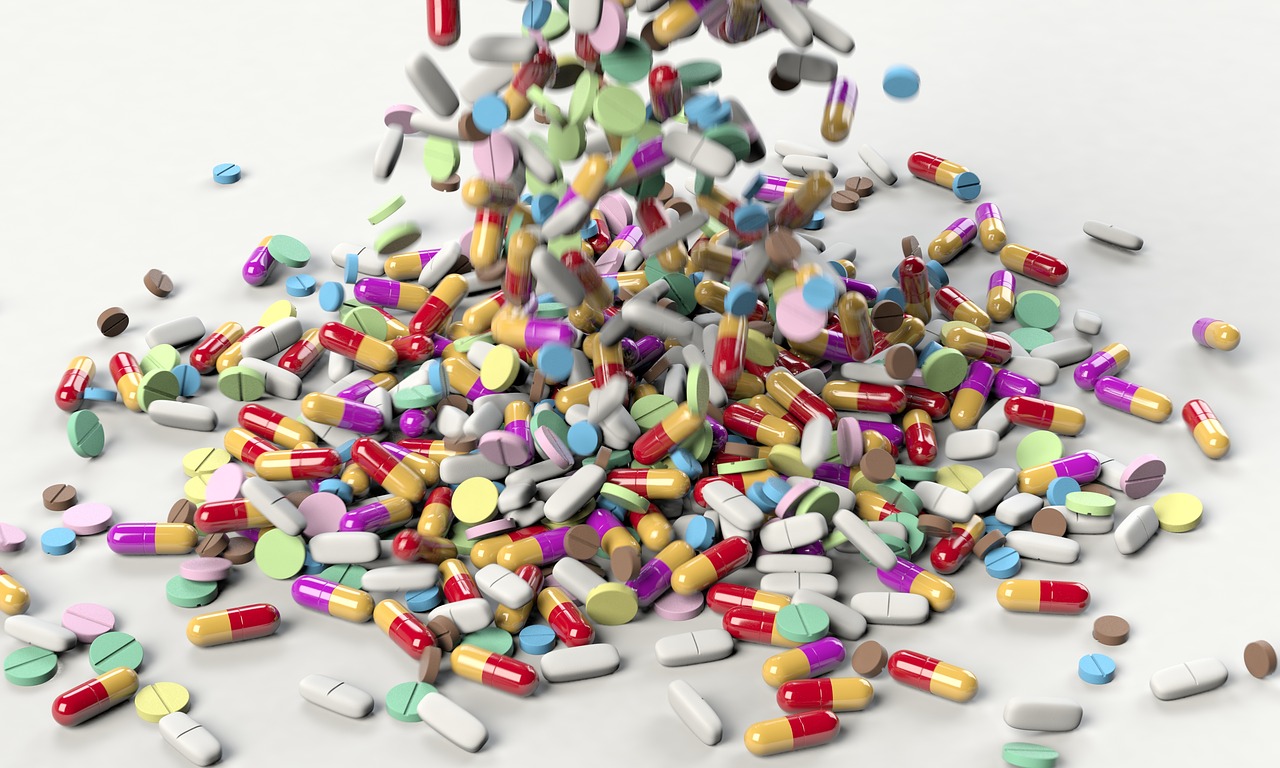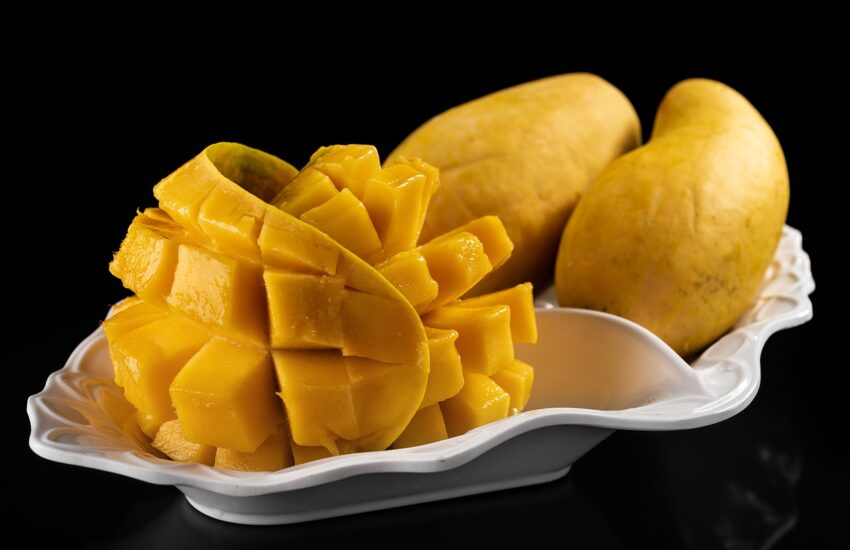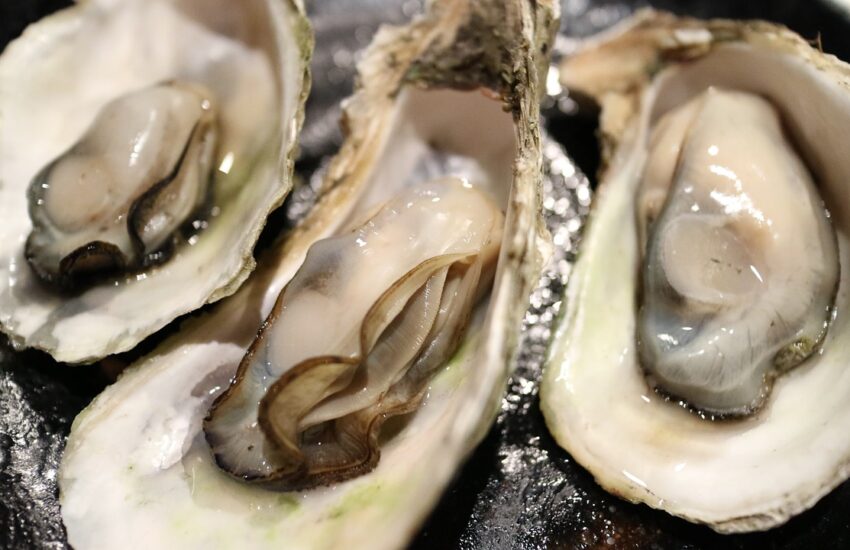This Will Keep Working When Antibiotics Don’t
Antibiotics are without a doubt one of the most beneficial inventions humankind has ever come up with.
Yes, probably more significant than smartphones, which may be hard for teenagers to believe.
Sadly, antibiotics are about to become widely ineffective.
Research indicates we may soon reach an era known as the “end of antibiotics”.
The Council on Foreign Relations, a non-profit think tank recently wrote about this apocalyptic scenario. It’s sobering to see what would happen if antibiotics stopped working.
“Antibiotics are facing an existential crisis less than a century since their introduction. The bacteria-fighting drugs are becoming less effective as a result of their overuse in both humans and animals. At the same time, R&D on new antibiotics has slowed to a crawl, putting the world at risk of entering a dangerous era in which routine infections are untreatable.
The global death toll from drug-resistant infections, estimated to be at least seven hundred thousand annually, could reach into the millions by 2050.
Some governments and international organizations are investing billions of dollars to tackle the problem, but many analysts say its scope and immediacy require a globally coordinated response.”
This is why I whole-heartedly support using other antibacterial elements to keep infection at bay.
Not only will this help extend the usefulness of the antibiotics already in circulation…
By using all-natural antibacterials people like you can take control of your health and keep your body safe from future infection.
One of the more effective treatments for protecting your body from germ domination is taking a substance called monolaurin.
I think in a world where antibiotics may one day become useless, monolaurin should become a staple. Both now, for keeping antibiotic effectiveness “up” and later in case antibiotics start to fail us.
It’s all-natural, completely safe to take, and has a strong track record as a potent antibacterial.
Coconuts,
Holding the Secret Ingredient For Fighting Off Infection
I know this article was supposed to talk about monolaurin, and I’ll get to discussing it in just a second.
Before we do, we have to talk about coconuts.
Coconuts are one of nature’s healthiest foods.
You probably already know that.
What you may not know is coconut fat doesn’t just help with metabolism and feed your body lipids it can use for energy.
The fatty acids that make coconut so healthy are also responsible for helping your body make monolaurin.
Lauric acid, one of the primary medium-chain fatty acids found in coconut oil, serves as the building block of monolaurin.
Years ago I wrote an article on coconut oil and how lauric acid has strong antibacterial properties. Recently, supplement manufacturers isolated the best part of lauric acid, mixed it with glycerin (which is an all-natural and non-toxic polyol that makes up the backbone of lipids), and then created a powder of it so you can take it to boost immune function.
By the way, coconut oil isn’t the only source of lauric acid.
Another source of lauric acid includes human breast milk. When a baby drinks breast milk the lauric acid works in tandem with colostrum to help build an infant’s immune system. But, you can’t get that on demand, nor would you want it…
Our bodies convert dietary lauric acid to monolaurin. Unfortunately we’re unaware of the exact conversion rates, so we can’t say; “Oh just take 10 grams of coconut oil and it’ll create 5 grams of monolaurin.”
This is why supplements are so helpful.
With a supplement your body gets an exact amount of monolaurin. And that precise amount is helpful at helping keep bacteria from reproducing and may help prevent the antibiotic apocalypse.
Now it should be noted that monolaurin isn’t a brand new supplement, but there isn’t a significant amount of literature demonstrating its effectiveness at infection fighting.
All that being true, the reason I recommend it is because the threat of an approaching antibiotic apocalypse worries me, and I’d prefer to keep it at bay for as long as possible.
Which is why if someone is sick, or simply wants to keep their immune system healthy (and not rely on antibiotics), they can use something like monolaurin.
Scientists Say Some Interesting Things about Monolaurin
The evidence scientists have compiled so far is encouraging and gives medical professionals like myself a good basis for recommending monolaurin to boost immune function.
And at the end of the day, the healthier your immune system is, the healthier you’ll be too.
For instance, the Journal of Applied Microbiology ran a test to see how they could fight bacteria Borrelia burgdorferi and Borrelia garinii (bacteria behind the spread of lyme disease).
They threw 15 plant-based compounds at the bacteria in vitro (in cell cultures) to see what would inhibit growth the best.
Out of the 15 compounds, monolaurin and baicalein (which comes from skullcap) had the most pronounced inhibitory effects.
Which means that monolaurin was one of the best of the 15 compounds at helping keep that bacteria from continuing to grow.
The theories are that because those bacteria didn’t have any known resistance to monolaurin and its unique chemical structure the antibacterial quality of monolaurin halted growth in its tracks.
That was the same conclusion researchers reached after publishing their work in the Journal of Drugs in Dermatology.
In this study, samples of skin cultures were taken from patients that had some bacterial overgrowth issues going on. The scientists exposed all the skin cultures (and bacteria) to 6 different forms antibiotic as well as monolaurin.
The researchers noticed that the various forms of bacteria present on the skin did not have much resistance to monolaurin. That is to say, monolaurin proved helpful at preventing the bacteria from growing any more and the bacteria couldn’t “make it past” monolaurin.
The researchers were impressed enough to recommend that future investigation into monolaurin’s antibacterial use be pursued.
Only Take Monolaurin If You Want This To Happen
There are two reasons I wrote this article.
>> Buy Lauricidin – the Original Monolaurin here.
The first is I want antibiotics to continue working for a long, long time. My opinion is that the medical community prescribes way too many antibiotics, and that’s led to this current problem of bacteria building up resistance to antibiotics.
I believe if you get enough monolaurin in your diet it will protect your immune system so you don’t need to rely on antibiotics.
There will always be a place for antibiotics. Which is why I’m glad they exist.
However, our over-reliance on them is responsible for the crisis we may soon encounter.
The second reason I recommend monolaurin is in regards to how it can improve various aspects of your health.
For instance, people who have digestive issues may have an overgrowth of bad bacteria in their gut. In my opinion taking monolaurin to knock out those bad bacteria is one of the more effective ways at balancing gut flora.
Beneficial gut flora, AKA probiotics, exist in the presence of bad bacteria but are often crowded out and rendered ineffective at doing their job because of the proliferation of bad bacteria.
Quite often, medical practitioners will recommend taking antibiotics to kill all bacteria in the gut (good and bad) in order to reset the gut microbiome.
That’s not necessarily a good thing.
Taking monolaurin may help you get around the whole microbiome reset and kill bad bacteria while giving good bacteria a chance to thrive.
That’s another great reason to take it.
There are dozens of others, all related to immune-health improvement and working to improve immune response for conditions that antibiotics don’t work anymore.
For a while now we’ve offered monolaurin in our physical store under the brand name Lauricidin. Lauricidin is the original monolaurin, Dr. Jon Kabara PhD made it back in the 60s and has been giving it to people for ages.
To get yours click here or on the image below.



